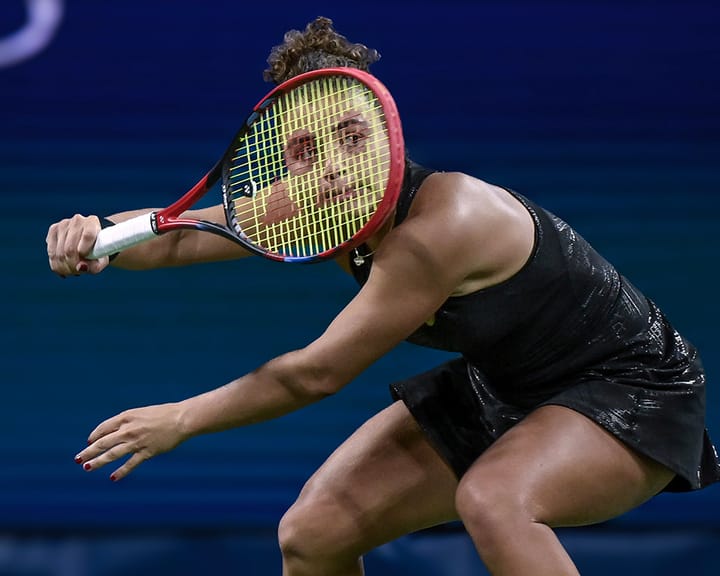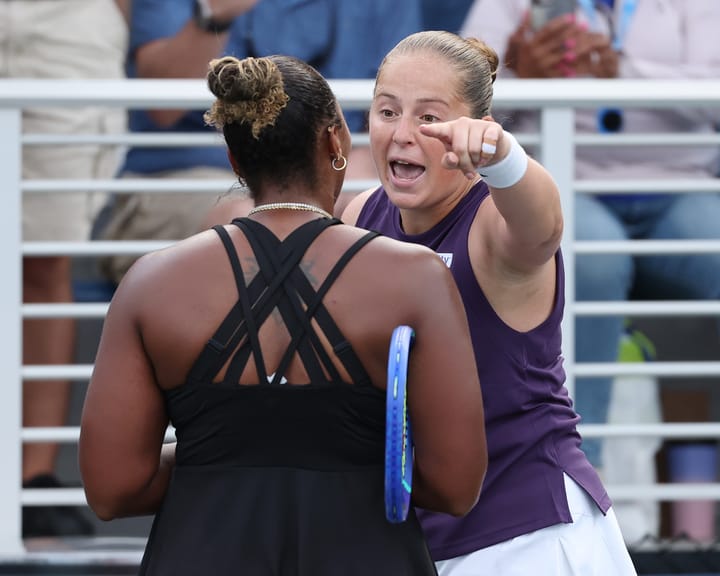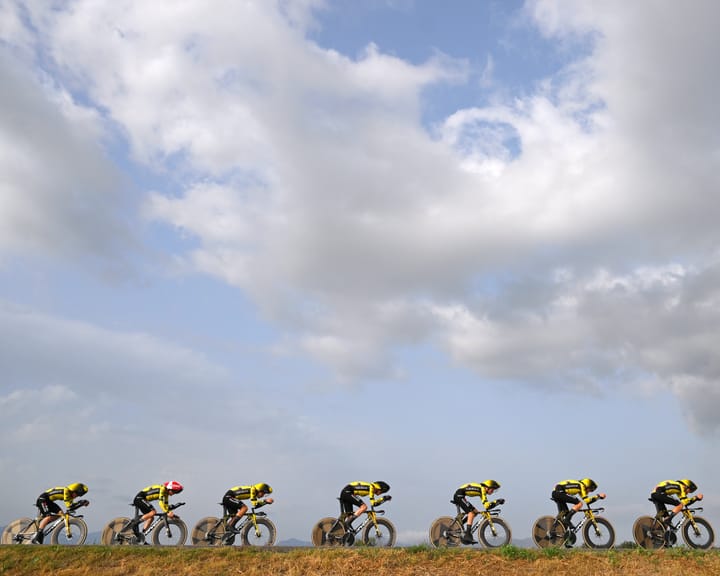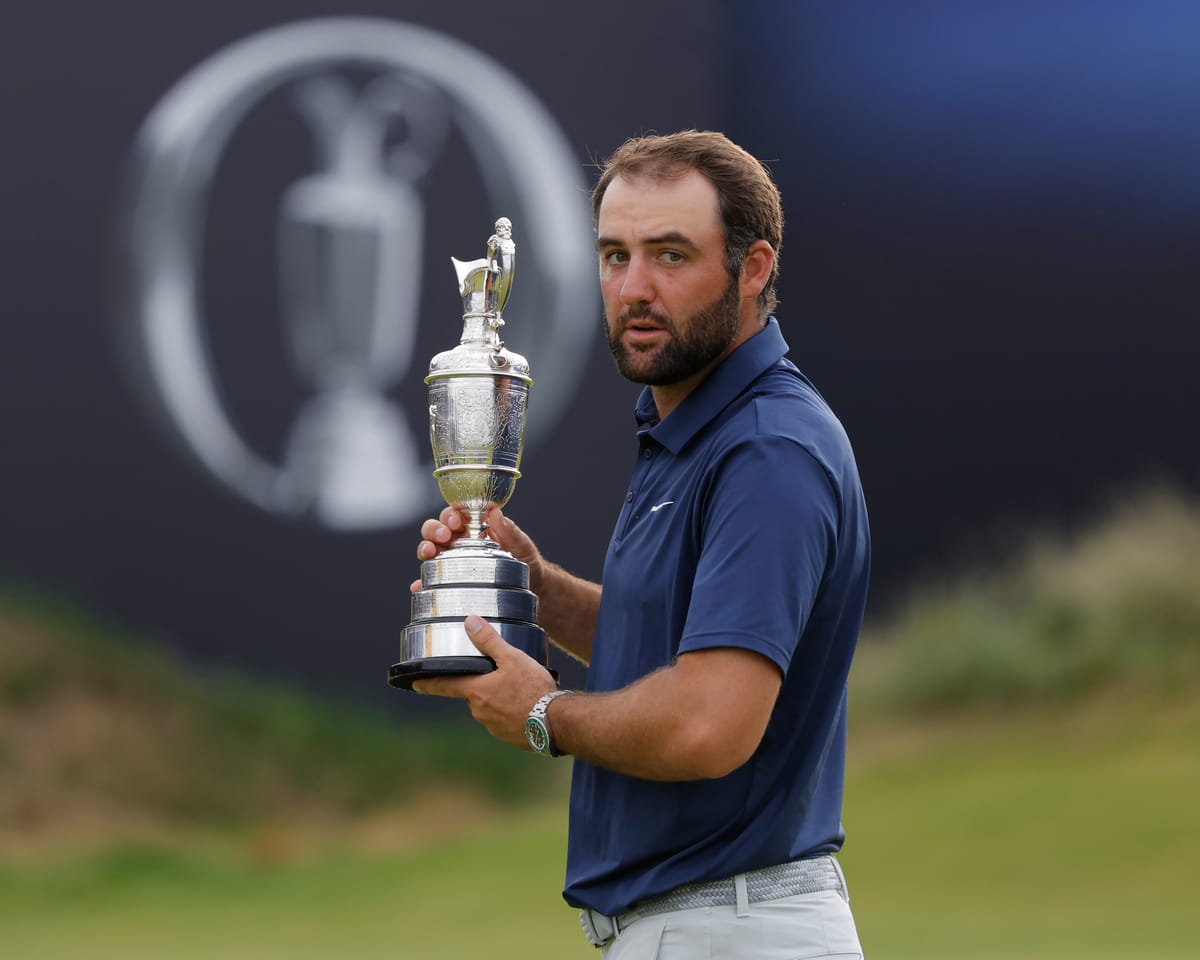The world’s top athletes often appear uncertain about their motivations. Before the Open, Scottie Scheffler admitted during a press conference that he questions why he wants to win golf tournaments but struggles to find clear answers. Alexander Zverev, ranked third in men’s tennis, shared that he often feels a sense of emptiness, experiencing little joy in the sport regardless of winning or losing. Amanda Anisimova, a Wimbledon finalist, took an extended break to focus on her well-being, unsure of what to expect upon her return—yet she still reached the championship match.
What explains this? As elite athletes continually push physical limits, they must also confront mental challenges, and these reflections are part of that journey. More competitors are exploring what exists beyond mere victories and defeats—a concept that many in sports still struggle to grasp. However, as most athletes come to realize, some sooner than others, fixating on wins and losses misses the greater purpose, both in competition and life.
For many competitors, finding meaning beyond trophy pursuit has become essential to achieving and maintaining peak performance. But as with all high-level endeavors, it is no simple task.
Scheffler noted before and after his win at Royal Portrush that while victories bring satisfaction, they should not be confused with deeper fulfillment. His self-questioning reflects a healthy mindset: he enjoys competing but understands golf victories alone cannot define his happiness. Still, he acknowledges that he has yet to fully answer why he craves championship wins so intensely.
Anisimova recognized signs of exhaustion two years ago and chose to step away. Her break allowed her to reassess her relationship with tennis. She mentioned that many warned her departure would end her career—raising questions about whether their concerns prioritized her long-term well-being or overlooked the importance of emotional health alongside physical conditioning. Zverev, meanwhile, appears aware that his path forward must involve more than just match results.
Scheffler, Anisimova, and Zverev exemplify a fundamental truth recognized in biology, psychology, and philosophy: people need purpose that transcends immediate rewards. Whether referencing psychologist Abraham Maslow’s hierarchy of needs, the principles of Stoic philosophy, or Viktor Frankl’s *Man’s Search for Meaning*, the core driver of human behavior is the quest for meaning. Trophies bring joy, but as Scheffler notes, the excitement fades quickly and fails to provide lasting satisfaction.
Read next

"Flawless shot: The story behind the iconic US Open tennis photo"
Unique Tennis Photo Captures Unforgettable Moment at US Open
Among the countless photographers capturing the action at this year’s US Open, one image has risen above the rest at the New York tennis major.
A minor loss of balance by seventh-seeded Jasmine Paolini and a steady hand from photographer

"Ostapenko and Townsend clash post-US Open over 'no education' remark"
Taylor Townsend and Jelena Ostapenko engaged in a tense confrontation following their second-round match on Wednesday at the US Open.
After Townsend secured a 7-5, 6-1 victory, the two players met at the net for the customary handshake. Instead of parting ways, however, words were exchanged, with Ostapenko gesturing toward

Vingegaard reclaims Vuelta lead as protests stall Israel Premier-Tech
Vingegaard Retakes Lead After Dramatic Team Time Trial at Vuelta a España
Jonas Vingegaard reclaimed the red jersey following stage five of the Vuelta a España, which was marked by disruptions after pro-Palestinian demonstrators delayed Israel Premier-Tech during the team time trial.
UAE Team Emirates-XRG secured the stage victory, but

